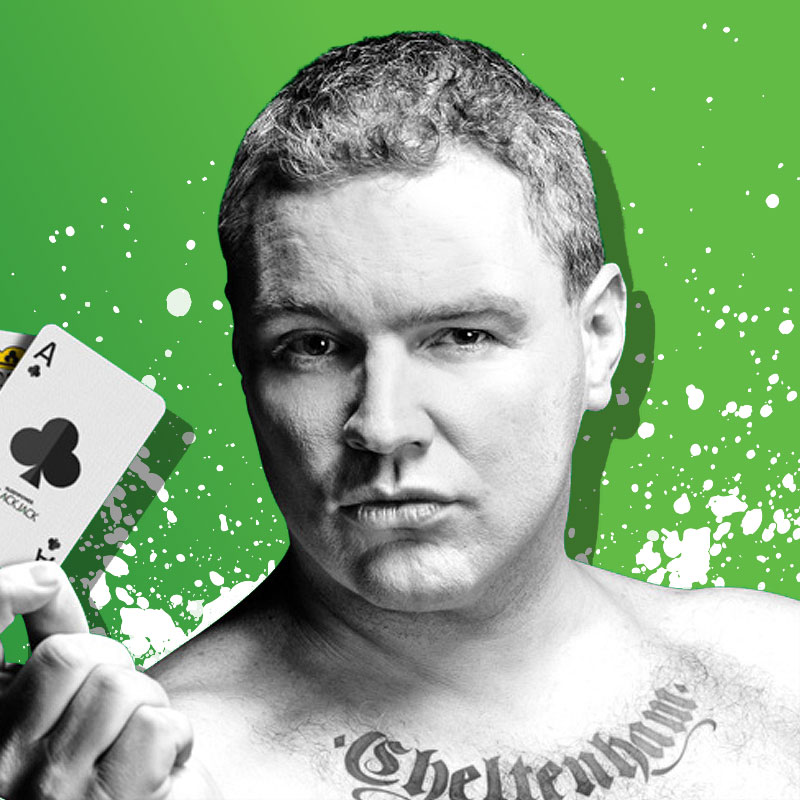
What can £105m buy you in the ever-costly world of 2018? Well, the standard unit of measurement in this country is, of course, Freddos. So, let’s use those to answer our question.
For that whopping great sum, you could land yourself 420,000,000 of the chocolatey little froglets, or, in today’s money, 39,900,000,000 calories. That’s enough to sustain the weight of a fully-grown man for 43,726 years solely on the tiny Cadbury’s cash cow.
Anyway, now that we’ve put things into perspective, let’s talk about some football.
In the Premier League, sadly, Freddos aren’t quite the precious commodity that they are in real life. And so, in boring health-nut fashion, 420,000,000 froggy treats (£105m) can only land you two consecutive losses by fielding a new, disjointed team.

With Fulham smashing the record for a recently promoted side’s spending in their first summer in the Prem, things haven’t gone entirely to plan for the Cottagers.
Bringing in the likes of Jean Michaël Seri, André Zambo Anguissa, Aleksandar Mitrovic and Alfie Mawson, Slaviša Jokanović’s side has improved beyond measure since their play-off winning romp to promotion last May, but have failed to notch up a game worthy of even one point so far.
Naturally, however, after just two games in to the new season, no one is expecting the Whites to have stormed to success and tear up their newly adopted league. But there’s a clear trend emerging among the Prem’s weaker clubs.
Of the top ten sides (in terms of spending, and excluding last season’s top six) only Leicester and Everton have notched up more than a point two games into the campaign.
Accepting those clubs as top half finishers anyway, we can see that strugglers Fulham, Wolves and West Ham are drowning in their own imports, having amassed one point between them out of a possible 18.

Incidentally, the team who nabbed that one point was the side who’ve spent the least of the three: Wolves.
At the lower end of the spectrum, clubs rack up transfer fees by spending on several players, not, unlike their top six counterparts, by splurging big on one or two. This means that squads are shaken up, disturbed and chemistry is – for a while at least – knocked for six.
So while Liverpool may have spent the most this summer (£177m), they’ve only bought in six players compared to Fulham’s 12.
There’s a whole plethora of issues with hauling in new boys to improve an inferior team. A manager has to re-implement their playing style onto a fresh batch of footballers and the dynamic of the dressing room changes entirely.
Players arrive not yet speaking English and, naturally, in such an environment, cliques and divisions will form.
Where it takes time to build up a successful football team such as Fergie’s United, accomplishment therefore cannot be bought in the course of one summer. In fact, trying to do so appears to be detrimental to a club’s immediate performances.

Last season, for example, clubs spent almost relatively to their position in the league and looking at a table of spending for summer 2017 closely resembles how the halves of the Prem are usually split.
This season, however, minnows lie comfortably in the top ten for spending whilst a dominant Spurs prop up the bottom. The effect of this is clear.
With Newcastle, Huddersfield and Brighton being last season’s newbies, we can see that two of these three clubs smashed the opening to their season having managed to not spend inordinate sums. The Magpies, for example, pulled off a remarkable draw against Liverpool and earned nine points from a consecutive three games against West Ham, Swansea and Stoke.
Huddersfield also succeeded, taking seven points from their opening three games and dispatching Rotherham in the League Cup.

All in all, it’s quite clear that struggling clubs don’t need major overhauls to perform for a new season.
Of course, if a side has money then spending it typically yields results. But is doing so in such dramatic fashion worth it when it means throwing the first few games?
After all, a stumbling start can be catastrophically difficult to recover from and sets up a club for a fight.
By spending sensibly in summer and then, if possible, again in January, a club is far more likely to achieve slow, steady, measured success that builds a team over time and establishes it as a side with a style and solid team relationships.
Failing that, as the likes of newly promoted Fulham ought to consider, there’s always those Freddos that we mentioned.
PaddyPower.com has the latest Premier League odds

